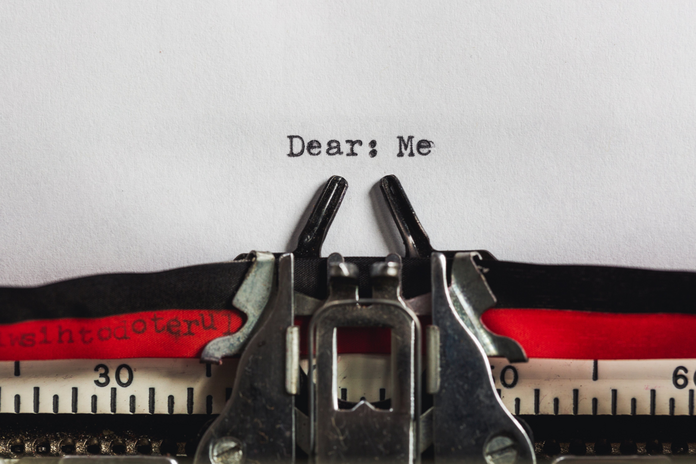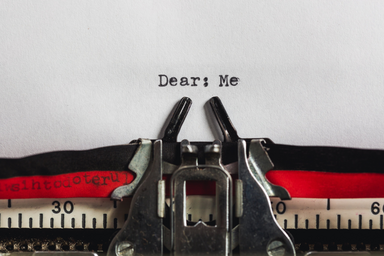The other day, I came across a TikTok talking about how everyone who has ever met you knows a different version of you, including yourself, and that took me on a mind trip for a bit. Your perception of yourself is completely unique to you, and there are countless versions of you existing in other people’s minds. No two people have the same exact image of you, which means who you think you are only exists to yourself. So then, who are you?

It seems like the “real you” would be how you perceive yourself since you should know yourself better than anyone. But is that really true when you’re the one who views yourself least subjectively? Then again, isn’t the self ultimately subjective? However, wouldn’t you say there are instances where someone else might know you even better than you know yourself? There are many questions to consider, none of which I have the answer to, and we could get into deep philosophical territory with these inquiries, but we’ll save that for another time.
For me, this all seems to show that identity is fluid and we shouldn’t get caught up in trying to stick to one version of ourselves. All these versions can coexist, and you shouldn’t be afraid to create more–that is to say, change is natural and welcomed. It’s not your responsibility to cater to someone’s perception of you from three years ago or even some false image that they’re imposing on you. You don’t need to cater to versions you don’t like. You’re always free to grow and change.

Personally, I’ve found myself stuck in a certain persona before, believing that I couldn’t do certain things because it wasn’t “like me.” I felt obligated to act according to what I thought was the perception that others had about me, and I was afraid of the judgment I might receive if I stepped outside of it. I had trapped myself within my perception of myself and I didn’t know how to move forward, even though I desperately wanted to. I thought that my identity had been set in stone and I had to be faithful to it. The truth is, identity is constantly changing and shifting–and that doesn’t make any of these versions of yourself any less you.
The age-old question “who am I?” is not going to be answered by me in this article, but this is a friendly reminder that who you are, can, and will change, and that’s absolutely okay. You can outgrow previous versions of yourself and contradict versions that other people might have of you. It’s easy to get caught up in what other people think of you. It’s just as easy to get caught up in what you think of yourself. When that happens, just remember to be yourself, whoever that may be.


